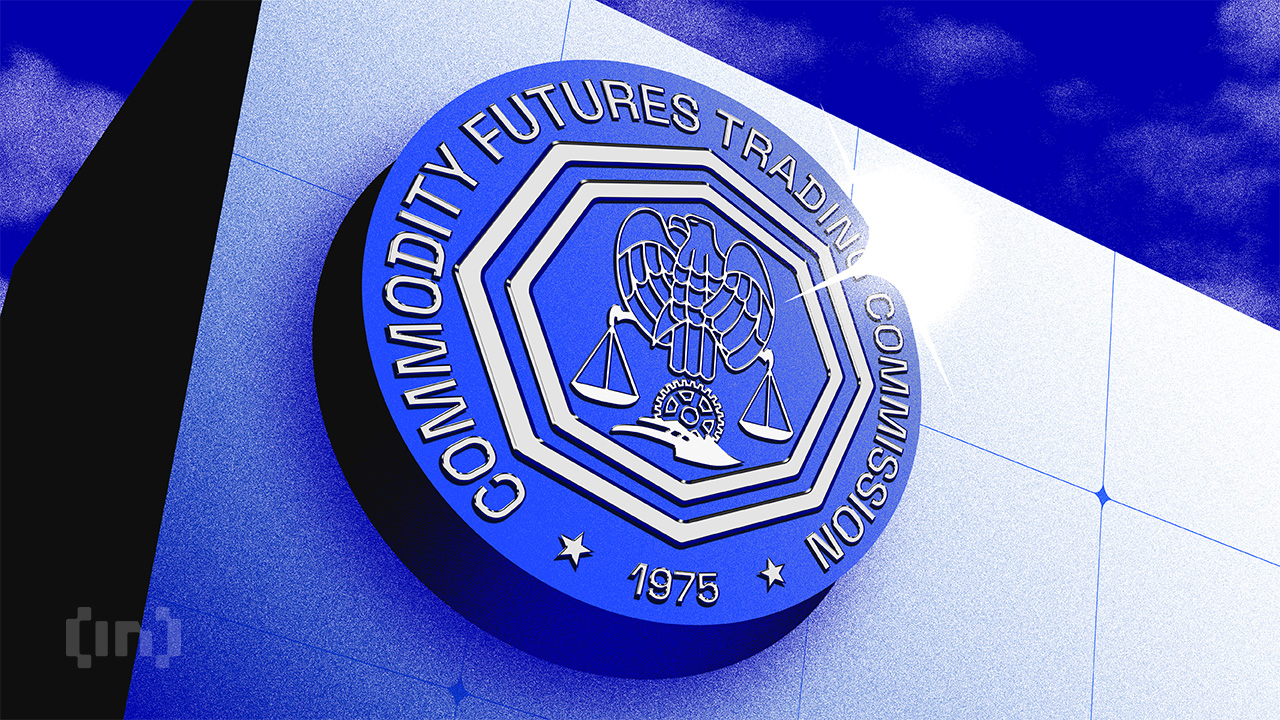
President-elect Donald Trump’s administration is reportedly planning to grant the Commodity Futures Trading Commission (CFTC) expanded oversight over the cryptocurrency market.
The move is aimed at scaling back the Securities and Exchange Commission’s (SEC) regulatory influence, potentially positioning the CFTC as the primary regulator for Bitcoin (BTC) and Ethereum (ETH).
CFTC as the Preferred Crypto Regulator
According to Fox Business, the Trump administration seeks to redefine regulatory responsibilities. Specifically, to give the CFTC jurisdiction over the spot markets for Bitcoin and Ethereum. These two assets alone, valued at approximately $2.24 trillion, comprise 70% of the global cryptocurrency market.
By designating them as commodities, the CFTC’s lighter regulatory touch—traditionally applied to derivatives and commodities markets—may appeal to industry stakeholders seeking reduced barriers to innovation.
Former CFTC Chair Christopher Giancarlo, widely recognized as “Crypto Dad,” has expressed support for the agency’s expanded role.
“With adequate funding and under the right leadership, the CFTC could hit the ground running to begin regulating digital commodities on day one of Donald Trump’s presidency,” Fox Business reported, citing Giancarlo.
The proposal aligns with Republican priorities of fostering innovation and reducing regulatory hurdles. It also reflects dissatisfaction with the SEC’s enforcement-driven approach under outgoing Chair Gary Gensler, whose tenure was marked by aggressive crackdowns on cryptocurrency firms.
Addressing Regulatory Uncertainty
The SEC and CFTC have long debated the classification of digital assets, leading to fragmented and often conflicting oversight. While the SEC views most cryptocurrencies as securities, the CFTC treats Bitcoin and Ethereum as commodities. This inconsistency has created a regulatory gray area, stifling growth and driving crypto businesses to more accommodating jurisdictions.
If implemented, the plan could also mitigate disputes between the agencies. CFTC Chair Rostin Behnam previously asserted jurisdiction over Ethereum. Citing its trading as a futures contract, the agency has already demonstrated an appetite for broader involvement in digital asset regulation.
In tandem with the Trump administration’s push to empower the CFTC, a newly proposed bipartisan initiative—the “BRIDGE Digital Assets Act”—seeks to create a cooperative framework between the SEC and CFTC. Championed by Tennessee Congressman John Rose, this legislation introduces a joint advisory committee composed of 20 private sector representatives.
“The current heavy-handed, regulation-by-enforcement approach isn’t working and is instead encouraging investment in this key innovation overseas,” the bill states.
By fostering collaboration, the committee aims to harmonize regulatory policies and provide a clear path for industry and government partnerships. Such a cooperative approach could resolve past conflicts between the agencies.
For instance, the SEC’s 2023 declaration that all Proof-of-Stake (PoS) tokens were securities clashed with the CFTC’s treatment of Ethereum as a commodity. A unified framework would clarify jurisdictional authority, offering much-needed guidance to crypto firms and investors.
The crypto community has largely welcomed the idea of CFTC-led regulation, perceiving the agency as more accommodating than the SEC.
“The SEC will no longer be able to strangle the crypto market…Its [CFTC] activities are regulated more gently, since the derivatives markets are dominated by sophisticated institutional players who are better able to manage risks,” one user commented.
However, concerns remain about the CFTC’s capacity to handle expanded responsibilities. With an annual budget of $400 million and a staff of 700—substantially smaller than the SEC’s $2.4 billion budget and 5,300 employees—the CFTC would require significant funding and resources to oversee the crypto spot market effectively.
Additionally, some traditional CFTC constituencies, such as agricultural commodity traders, have voiced concerns about the potential spillover effects of the agency’s involvement in digital markets. Legislative language addressing these concerns will be critical to securing bipartisan support.
Disclaimer
In adherence to the Trust Project guidelines, BeInCrypto is committed to unbiased, transparent reporting. This news article aims to provide accurate, timely information. However, readers are advised to verify facts independently and consult with a professional before making any decisions based on this content. Please note that our Terms and Conditions, Privacy Policy, and Disclaimers have been updated.










